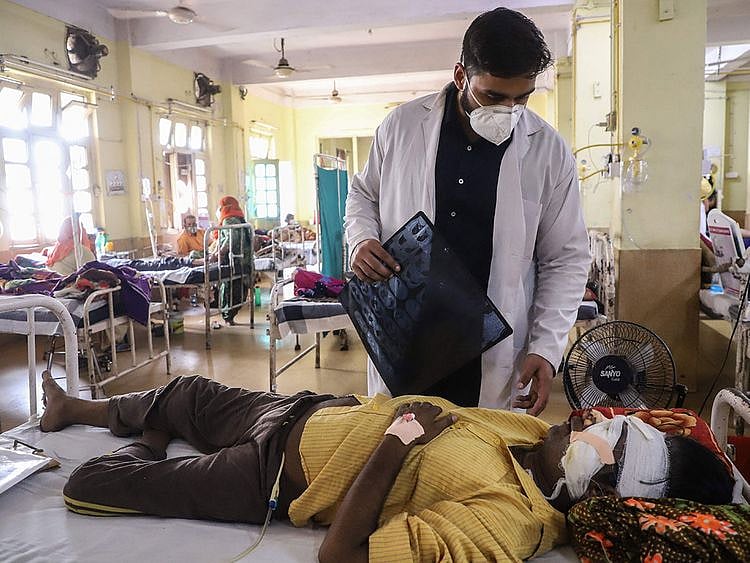Abu Dhabi: As part of its regular updates on public health, the Abu Dhabi Public Health Centre (ADPHC) has provided clarification on the black fungus infection known to be maiming and killing hundreds across India as the country grapples with a ‘second wave’ of COVID-19 infections.
Across its social media platforms, the ADPHC explained what people need to know about black fungus or mucormycosis.
What is it?
Black fungus is a rare fungal infection that affects people with weak immune systems, and it may cause serious complications.
Is it contagious?
Black fungus is not contagious, and is not transmitted from person to person.
How is it caused?
Black fungus is caused by mould found in moist environments such as soil or compost, and can attack the respiratory system.
WedMD explains that the mould is called mucormycetes.
How does the infection occur?
Black fungi most commonly affect the sinuses or lungs after a person inhales fungal spores from the air. They can also affect the skin after a superficial injury such as a wound or a burn.
Also Read
COVID-19 vaccine mix and match, booster dose in UAE, ideal gap - 10 key questions answeredChinese tourists can now receive COVID-19 vaccines in DubaiAffordable multispecialty health care clinic inaugurated in Karama, DubaiUAE ranks first globally in vaccine doses administered per 100 personsOther information
Black fungus, which is believed to have a 50 per cent mortality rate, has presented additional challenges for India’s health care system, which is already reeling under the burden of COVID-19. Left untreated, the infection is believed to be deadly in up to 54 per cent of cases, especially among those whose lungs and brains are infected.
Sign up for the Daily Briefing
Get the latest news and updates straight to your inbox
Network Links
GN StoreDownload our app
© Al Nisr Publishing LLC 2026. All rights reserved.
